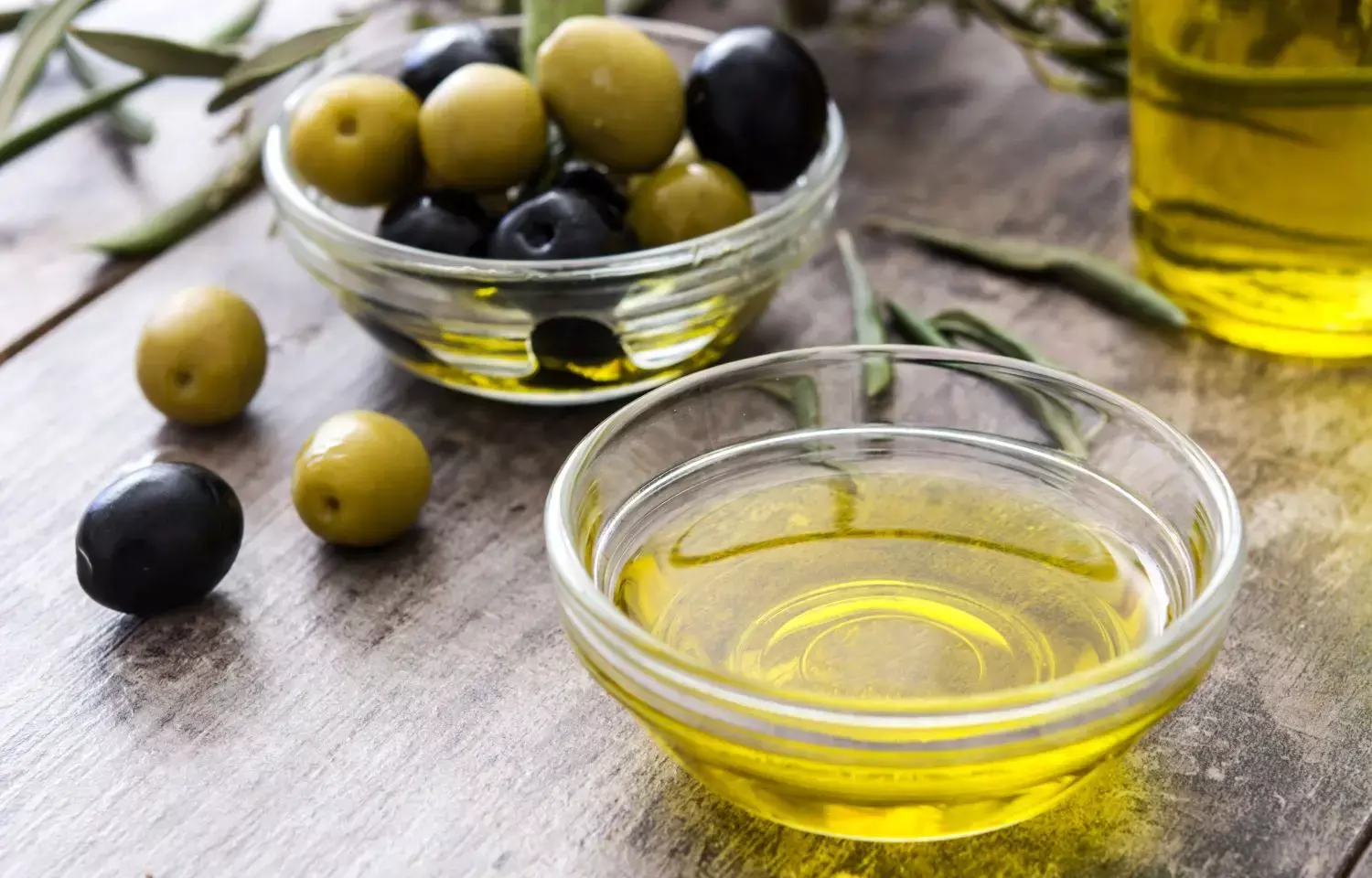- Home
- Medical news & Guidelines
- Anesthesiology
- Cardiology and CTVS
- Critical Care
- Dentistry
- Dermatology
- Diabetes and Endocrinology
- ENT
- Gastroenterology
- Medicine
- Nephrology
- Neurology
- Obstretics-Gynaecology
- Oncology
- Ophthalmology
- Orthopaedics
- Pediatrics-Neonatology
- Psychiatry
- Pulmonology
- Radiology
- Surgery
- Urology
- Laboratory Medicine
- Diet
- Nursing
- Paramedical
- Physiotherapy
- Health news
- Fact Check
- Bone Health Fact Check
- Brain Health Fact Check
- Cancer Related Fact Check
- Child Care Fact Check
- Dental and oral health fact check
- Diabetes and metabolic health fact check
- Diet and Nutrition Fact Check
- Eye and ENT Care Fact Check
- Fitness fact check
- Gut health fact check
- Heart health fact check
- Kidney health fact check
- Medical education fact check
- Men's health fact check
- Respiratory fact check
- Skin and hair care fact check
- Vaccine and Immunization fact check
- Women's health fact check
- AYUSH
- State News
- Andaman and Nicobar Islands
- Andhra Pradesh
- Arunachal Pradesh
- Assam
- Bihar
- Chandigarh
- Chattisgarh
- Dadra and Nagar Haveli
- Daman and Diu
- Delhi
- Goa
- Gujarat
- Haryana
- Himachal Pradesh
- Jammu & Kashmir
- Jharkhand
- Karnataka
- Kerala
- Ladakh
- Lakshadweep
- Madhya Pradesh
- Maharashtra
- Manipur
- Meghalaya
- Mizoram
- Nagaland
- Odisha
- Puducherry
- Punjab
- Rajasthan
- Sikkim
- Tamil Nadu
- Telangana
- Tripura
- Uttar Pradesh
- Uttrakhand
- West Bengal
- Medical Education
- Industry
Consumption of extra virgin olive oil during pregnancy increases level of antioxidants in breast milk and in offspring

The consumption of extra virgin olive oil (EVOO)-a product with widely known benefits for our health-increases the level of phenolic compounds in breast milk and can cross the placental barrier, reaching the descendant.
This has been stated in a study carried out by a team of the Faculty of Pharmacy and Food Sciences of the University of Barcelona (UB), the Institute for Research on Nutrition and Food Safety(INSA-UB) and the Physiopathology of Obesity and Nutrition Networking Biomedical Research Centre (CIBEROBN). The results of the article, conducted on rats as study models, have been published in the journal Food Chemistry.
The conclusions support the fact that diets enriched with EVOO can modify or even increase the content of these bioactive compounds in breast milk with potential benefits for the infant's health.
The study is led by the experts Maria J. Rodríguez-Lagunas and Anna Vallverdú-Queralt and it is part of a programme of Internal Research Promotion (FRI) among young researchers of INSA-UB.
This competitive call, aimed at boosting the collaboration between different research groups of this institute, aims to promote the development of original and innovative research projects and it wants to promote young researchers to become project principal researchers.
Transmission of phenolic compounds
Breast milk is the best nutrition source for the infants since it contains essential nutrients and bioactive factors (hormones, antibodies, microorganism, stem cells, etc.). Moreover, it provides many short- and long-term benefits to the mother and the infant, and regarding the latter, it reduces the incidence of infections and the risk of suffering from metabolic diseases in the future.
EVOO represents the main source of fat in the Mediterranean diet, but to date, the fact that the phenolic compounds of this product can be a compound in breast milk and be available in infants was still unknown.
As part of this preclinical study, the team discovered this fact after the analysis to assess qualitatively and quantitatively the levels of phenolic compounds and their derivates in biological samples in the pregnant animal and the offspring after six weeks of a daily intake of EVOO.
The results of the research showed that the phenolic compounds coming from the diet-specifically those from EVOO-reach the systemic circulation of mothers. Furthermore, they detected many phenolic compounds and derivates in breast milk. Surprisingly, it is noteworthy that some of the phenolic compounds and their metabolites were detected in higher concentrations in the offspring plasma than in the mothers' plasma.
"To date, several studies had described that the composition of breast milk can be affected by biological and environmental factors to which the mother is exposed, such as the mother's diet.
Therefore, the nutritional interventions during pregnancy and the breastfeeding period can have an impact on the quality of breast milk, and consequently, on the infant's health. Therefore, our findings shed light on the importance of the mother's diet during pregnancy and lactation, and they provide the base for future studies on the impact of phenolic compounds on the mother's and the infant's health", conclude the authors of the study.
Reference:
AnallelyLópez-Yerena, BlancaGrases-Pintó, SoniaZhan-Dai, Francisco J.Pérez-Cano, Rosa M.Lamuela-Raventos, AnnaVallverdú-Queralt https://doi.org/10.1016/j.foodchem.2022.133211
Dr Kamal Kant Kohli-MBBS, DTCD- a chest specialist with more than 30 years of practice and a flair for writing clinical articles, Dr Kamal Kant Kohli joined Medical Dialogues as a Chief Editor of Medical News. Besides writing articles, as an editor, he proofreads and verifies all the medical content published on Medical Dialogues including those coming from journals, studies,medical conferences,guidelines etc. Email: drkohli@medicaldialogues.in. Contact no. 011-43720751


